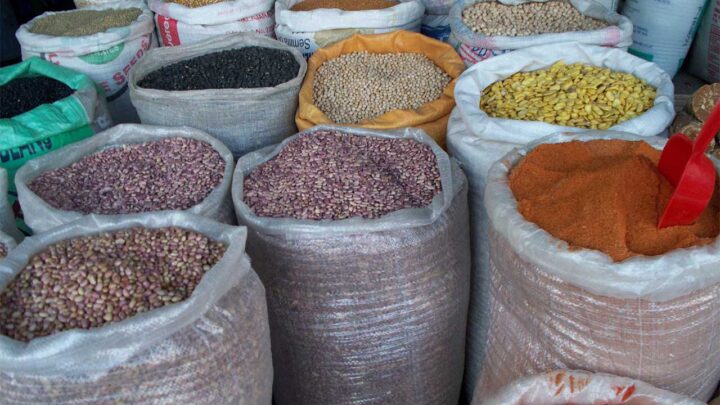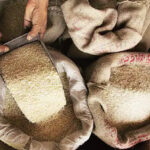In Bangladesh, food inflation soars 12 years high amid a forex crisis

In Bangladesh, food inflation continuously increased and recently soared to 12.54 per cent in August 2023 which is 12 years high according to the Bangladesh Bureau of Statistics. In the international market, food prices are declining or remain controlled in recent times but Bangladesh is not getting its benefits due to domestic factors.
The Trading Corporation of Bangladesh Data shows that the prices of essential commodities like wheat, edible oils, lentils, onion, garlic, sugar, and egg, have soared up to 40 to 200 per cent in the past three years.
Bangladesh depends on imports for crucial food items like wheat, rice, sugar, lentils, onion, edible oils etc. and amid dollar shortage, importers are facing tremendous difficulties in opening letters of credit which create trouble for timely interventions in the food supply chain..
According to market experts in Bangladesh, devaluation of Taka, poor market management and unavailability of accurate data on demand and supply are other factors responsible for higher food inflation.
Due to inadequate surveillance and monitoring, the hoarders are taking advantage of the volatile market of essential commodities. While the intermediaries are widening the gap of commodity prices between imports or production and consumer points, according to the market experts.
Economists are of the view that soaring inflation in Bangladesh affects not only low-income people but also investors.
Bangladesh Commerce Minister Tipu Munshi said on Tuesday in National Parliament that due to increases in transport costs, the rate of the dollar, and the ongoing Russia-Ukraine war, the price of import-dependent daily necessities had increased.









